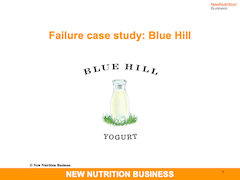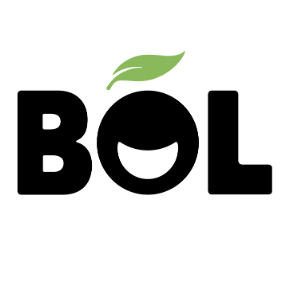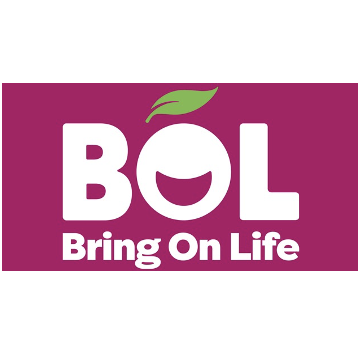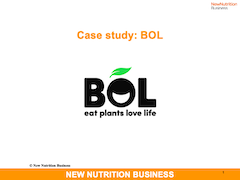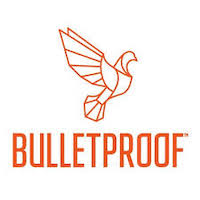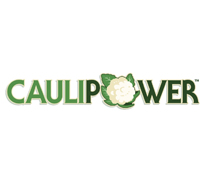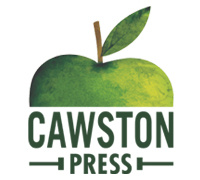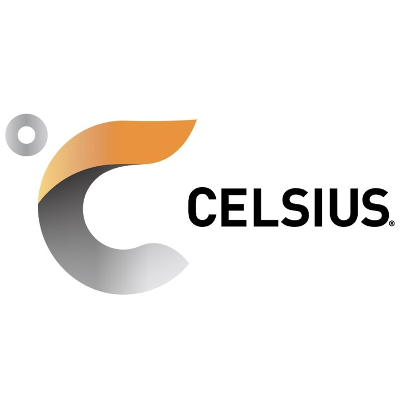Our case studies focus on brands and products that provide lessons from real challenges and opportunities which you can use to inform business strategy. They are packed with detail including brand portfolio, pricing, and communications and marketing strategy, merchandising and distribution, and come with a check list of key lessons learned.
Published: November 2018
Case study: Blue Hill
Blue Hill Yogurt was the result of restauranteur David Barber’s attempt to take what was a popular side dish at his high-end New York restaurant, and launch it as a snacking product in US retailers. Blue Hill joined major brands such as Chobani and Dannon in attempting to popularise savoury yoghurt in the US market, but the idea was not a success for either of them.
Download powerpointPublished: January 2024
Case study: Bol
Bol connects to one of the most important growth trends today: Plants Made Convenient. The brand is the result of Coca Cola-owned Innocent abandoning its veg pots idea and an employee taking it on to start his own company instead.
Download powerpointPublished: January 2025
Case study: Bol
Bol is the result of Coca Cola-owned Innocent abandoning a product idea and an employee taking it on to start his own company instead. The brand saw mixed results for its categories in 2024 but overall sales have doubled since 2018.
Download powerpointPublished: December 2018
Case study: Bol
When Innocent withdrew its Veg Pots range in 2014, Innocent employee Paul Brown decided to start his own company and launch the concept that way instead. Bol was born. Brown capitalised on consumers’ familiarity with the Innocent products, and Bol is set to double its sales to reach over $12m this year.
Download powerpointPublished: October 2017
Case Study: Bounce Balls
Paula and Andy Hannagan ”saw the need for a truly healthy, super-nutritious and genuinely tasty snack” and founded Bounce Balls in Australia 2004.
Download powerpointPublished: October 2021
Case study: Brazi Bites
Brazi Bites overcame the difficult challenge of creating a new category when launching Brazilian cheese breads in 2010. Ten years on, the brand hit $25m in revenues and can be found in over 15,000 retailers across North America.
Download powerpointPublished: May 2020
Case study: Bulletproof
Based on the concept of biohacking, disruptor brand Bulletproof offers a range of MCT-infused products promoted for mental and physical performance. The company has an annual revenue of over $100 million and is said to be exploring a sale.
Download powerpointPublished: January 2020
Case study: Caulipower
Despite only having been around for three years, Caulipower is already a $100 million brand. The company has been helped by trends like low-carb and plant-based and targets flexitarians with its better-for-you options to pizza, bread and chicken.
Download powerpointPublished: November 2019
Case study: Cawston Press
Founded by experienced food industry actors in 2000, Cawston Press claims to “show the rest of the soft drinks world how it should be done”. The company has seen steady sales growth over the past few years, reaching $18m in 2018, and is now available across 20 countries.
Download powerpointPublished: September 2023
Case study: Celsius
Thanks to its positioning as something sporty and ‘cool’, Celsius has been a major fuel for the energy drinks market in many regions. The brand recently hit the $1bn revenue mark and saw a sales increase of 108% between 2021 and 2022.
Download powerpoint
